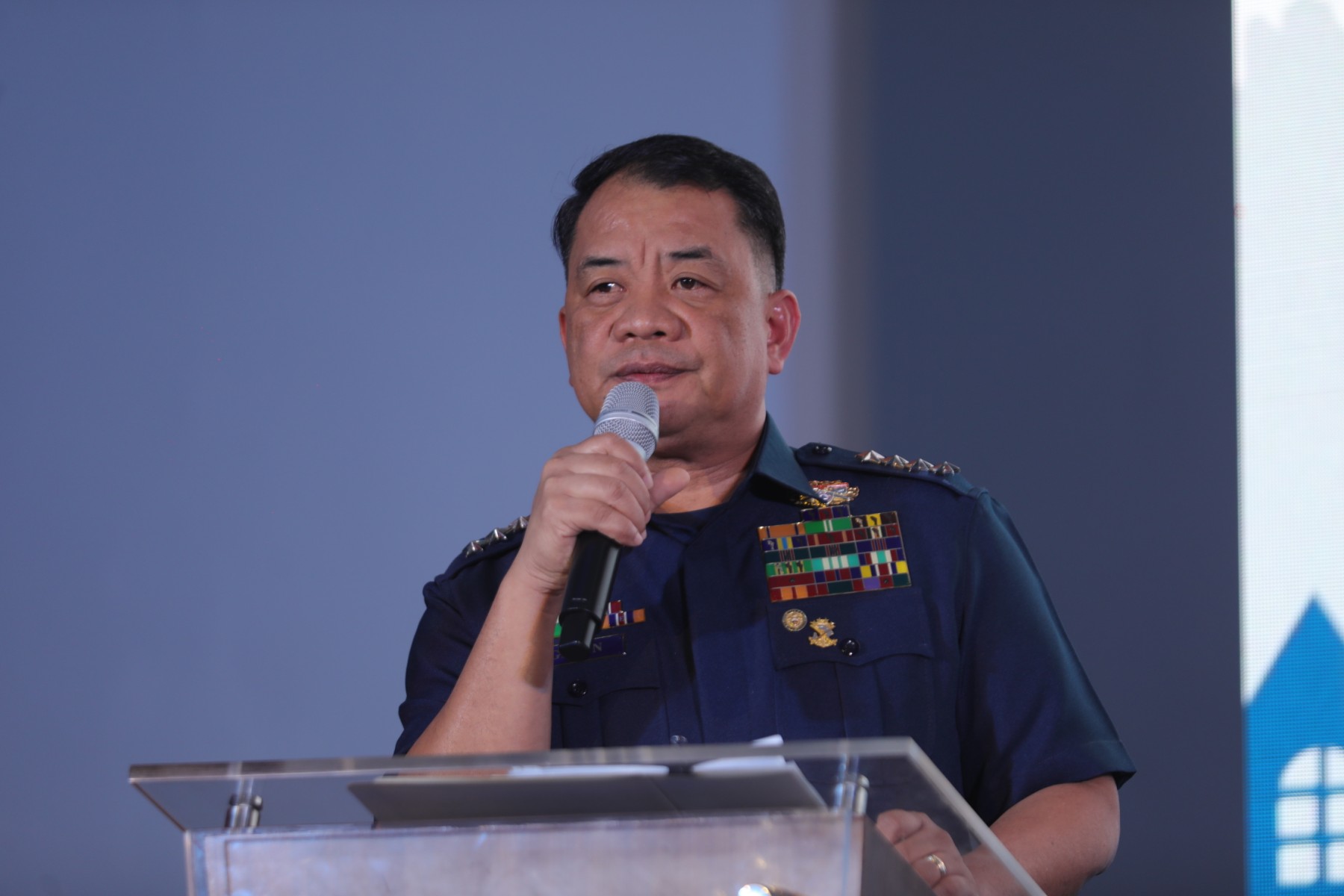Coast Guard to get 40 French vessels in $438-M deal

Coast Guard Commandant Admiral Ronnie Gavan | FILE PHOTO: Official facebook page of the Philippine Coast Guard
The Philippine Coast Guard (PCG) will acquire 40 fast patrol craft from France under a $438 million aid project, PCG commandant Adm. Ronnie Gil Gavan said on Thursday.
Aside from the French vessels, Gavan said during The Manila Dialogue on the South China Sea in Taguig City that the PCG would also get five coast guard patrol ships from Japan and four other locally-built vessels.
The acquisition to be funded by official development assistance was approved by the National Economic and Development Authority on Tuesday.
READ: France joins PH-US exercises for the first time
Gavan did not reveal the specifications of the vessels except to say that these would be 30 meters to 35 meters long and resemble the PCG’s existing 44-meter Parola-class multi-role response vessels from Japan.
Article continues after this advertisementJapan, which has provided 12 patrol vessels to the PCG, is set to deliver five 97-meter-long patrol vessels to the Philippines between 2027 and 2028.
Article continues after this advertisementTwenty of the 40 French vessels will be built in France by defense contractor OCEA Shipbuilding and Industries.
The company previously delivered to the PCG the BRP Gabriela Silang (OPV-8311) under a similar assistance program in 2019.
PH-made
The remaining 20 vessels will be built in the Philippines in a shipyard to be constructed by OCEA as part of its earlier commitments to help the country build 15-meter to 120-meter-long patrol vessels on its own.
“For the Philippine Coast Guard, we have always been supporting local shipbuilding. We always push for local shipbuilders,” said Commodore Jay Tarriela, PCG spokesperson for the West Philippine Sea.
Additional personnel
“But again, it is dependent on those countries who are going to fund the construction of those vessels,” he added.
Gavan said the PCG would recruit more personnel to add to its 30,000-strong force, citing that “we are investing so much in our human capital to have the capability to do the right things.”
He also reported that President Marcos was set to sign the Philippine Maritime Zones bill and Philippine Archipelagic Sea Lanes (ASL) bill “in a few days.”
Both measures were included in the President’s priority bills.
The National Security Council (NSC) earlier said the passage of the two bills would be crucial in enhancing the country’s national security and territorial integrity.
According to the NSC, the ASL and maritime zone bills would “set our archipelagic house in order, by aligning domestic legislation with the United Nations Convention on the Law of the Sea.”
It added that both measures would also reinforce “the Philippines’ ability to govern the waters within its sovereignty, sovereign rights and jurisdiction.”